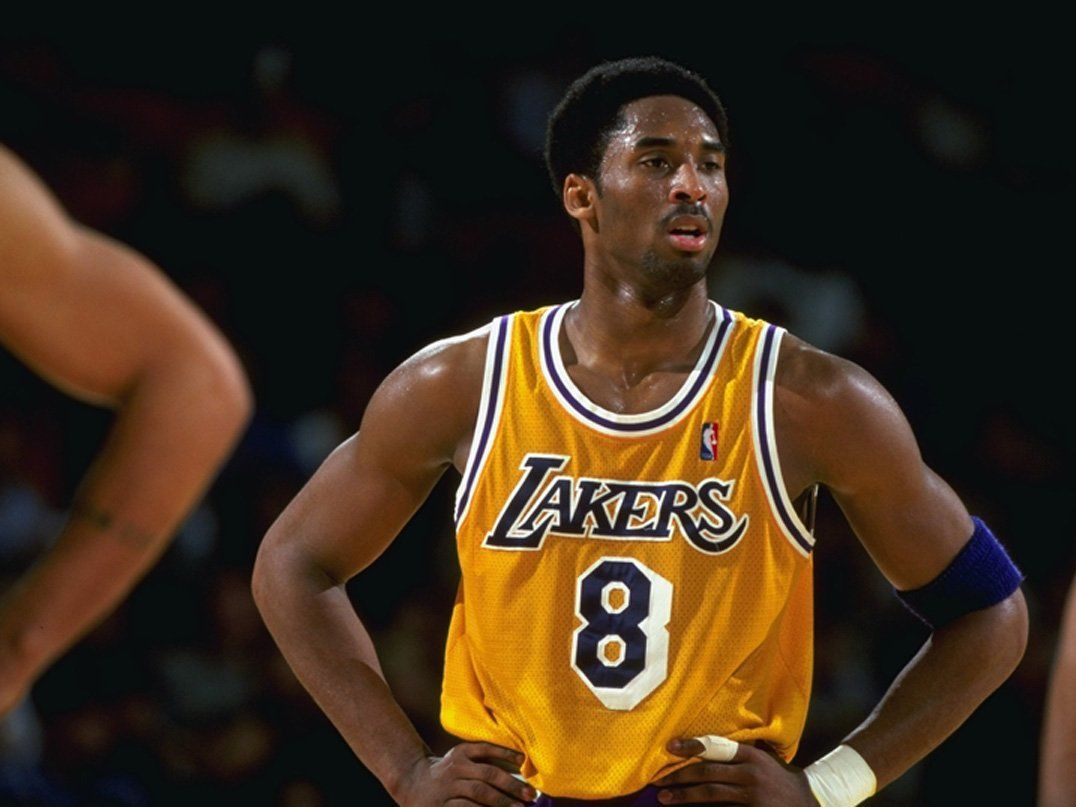Sports Documentary “The Redeem Team” Is a Slam Dunk
Who doesn’t love a comeback story? Assistant Arts and Living Editor Noor Rahman ’25 reviews “The Redeem Team,” a documentary that recounts the U.S. Basketball Team’s victory at the 2008 Olympics.

On Oct. 7, a new documentary, “The Redeem Team,” was released to Netflix. Directed by Jon Weinbach, one of the masterminds behind “The Last Dance” and “The Other Dream Team,” the film tells the story of the 2008 U.S. Olympic men’s basketball team. The documentary is many things: an uplifting ode to the importance of team chemistry, a gripping story with compelling characters, and an emotional tribute to the legacy of the late Kobe Bryant and retired Coach Mike Krzyzewski.
Since 1992, the first time that the Olympics allowed professional basketball players to compete, the U.S. team had imposed their might on the world through a series of decisively won gold medals. But the retirement of the first batch of professional Olympians (think Michael Jordan, Magic Johnson, and Charles Barkley) left American basketball below the standard of world competition: The replacement squad suffered a humiliating series of defeats in the 2004 Olympics. This humbling fall from the glory days of the “Dream Team” (a name given to the iconic 1992 gold medalists) set a daunting task for the team in 2008: redemption. Thus the “Redeem Team” was born.
The 2008 squad included several players who had been a part of the 2004 debacle: LeBron James, Dwyane Wade, and Carmelo Anthony, to name a few. Several important additions were made to the roster, including Chris Bosh and Chris Paul. Coach Larry Brown was replaced by Coach K, the renowned head coach of the Duke men’s basketball program. But no change was as momentous as the addition of Kobe Bryant.
Bryant, an established NBA superstar and notorious lone wolf, ultimately led the team to win the gold medal in 2008. The documentary explores the effects of his unyielding work ethic and unsmiling determination to win on the team. It also delves into the competitive yet collaborative leadership of Bryant and James as a duo, in addition to the challenges that Coach K faced as a first-time coach of professional players. The film does a great job of highlighting these individuals, while also making sure that they do not overshadow the contributions of other players such as Wade, Bosh, and Anthony.
Like “The Last Dance,” “The Redeem Team” synthesizes archival footage and retrospective interviews to create an entertaining narrative experience. The film takes viewers through the process that brought each individual to the team and unified them into a cohesive group. Viewers have the opportunity to see players interact off the court, to hear their reflections — now that many of them have retired or are nearing the ends of their careers — and to learn about previously-unknown social dynamics within the team. The accompanying soundtrack — featuring DJ Jazzy Jeff & the Fresh Prince, Jadakiss, and Public Enemy — captures the spirit of the team in each phase of its development. All of these factors make for an engrossing viewing experience, even though many viewers already know the outcome of the film (an American gold medal).
The 2008 team was undeniably stacked with superstars. (As James says in footage of a team meeting: “I got all y’all on this team. So, what’s my excuse [for not winning] now? Do we all have an excuse? We don’t.”) In 2004, many of the players were still beginning their careers, not having quite reached the height of their legend yet. By 2008, however, many of the players who feature prominently in the film, such as James, Bryant, Wade, and Anthony, were now considered some of the best players in the NBA. The task of making these players seem like they still had something to prove, in spite of their stardom, was critical to the dramatic plot of the film. In order for the 2008 championship to not seem like a foregone conclusion, the stakes had to be raised.
The documentary does so through a military-centric form of patriotism, the only aspect of the film that I did not find compelling. The “Redeem Team” is framed as the defenders of a defeated America, saviors who will return their nation to its former glory. Running parallel with this narrative are shots of camo-clad men running through desert-like landscapes. Footage of an American flag being burned, and a crowd of kufi-wearing men running through a police barricade, are also featured. These images, intended to stir patriotic emotion, were unnecessary and overused, in my opinion. This imagery was mostly unrelated to the dialogue and was not important to the plot of the documentary. The use of militaristic, America-against-the-world nationalism is effective as an emotional tool; it is nonetheless irrelevant to the subject matter and strikes me as a copout in building up the emotional stakes of the 2008 Olympics.
It is worth mentioning, though, that the film does not feed into a narrative of American superiority in all ways. It acknowledges that following the victories of the 1990s, America believed that it was inherently better at basketball than the rest of the world. It goes on to plainly state that, in light of the humiliations of 2004, this belief was gravely mistaken. The documentary serves as a correction for the discourse that followed the victory of the “Dream Team,” that Americans are the rightful owners and best players of basketball, simply because they are American. The “Redeem Team” posits an alternative image of sports that values hard work and team collaboration above all else. In keeping with this view, the roles of Pau Gasol and Manu Ginóbili, stars of the Spanish and Argentine basketball teams respectively, are not those of foreign threats to American greatness in the film, but simply as players who outworked and outperformed the Americans in 2004.
“The Redeem Team” is both entertaining and informative, the hallmarks of a well-made documentary. It is a fitting tribute not only to the skill, but to the work ethic and goal-oriented ethos of Kobe Bryant. Both uplifting and heartfelt, the film is sure to delight viewers, whether or not they are basketball fans.





Comments ()